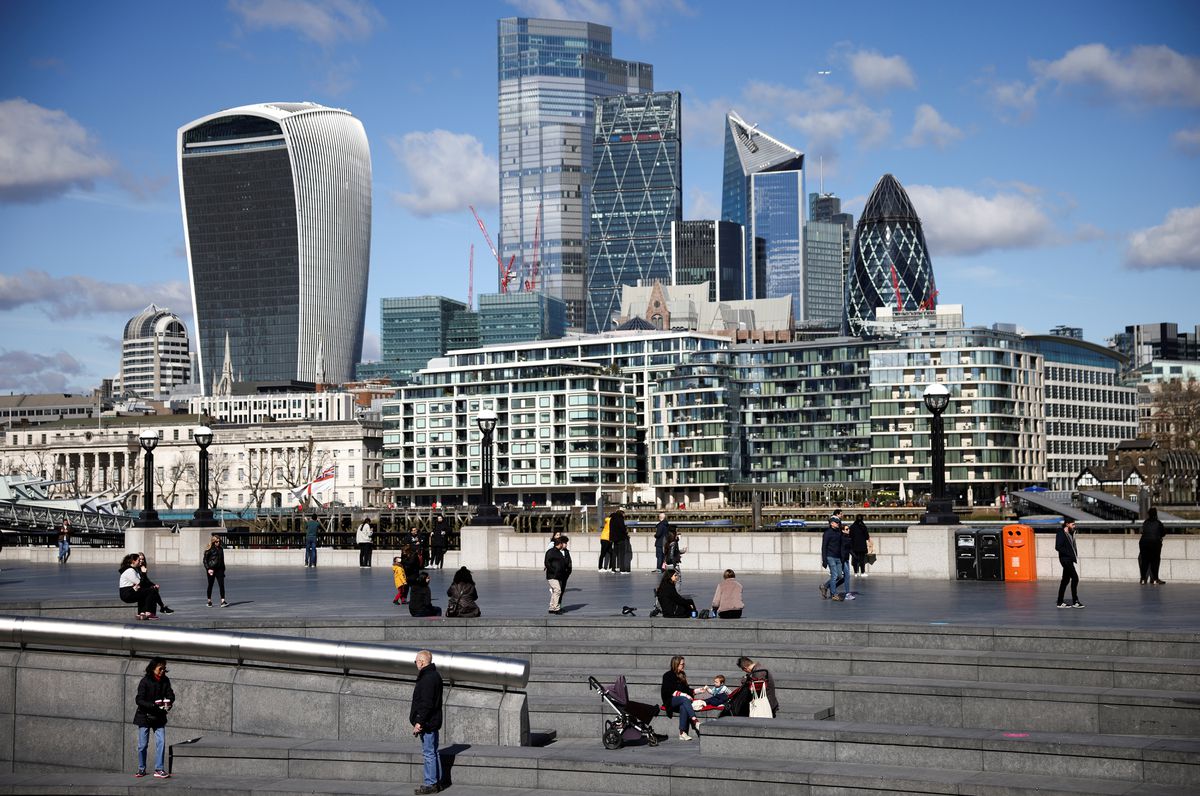In the final blog post of this five-part series, Professor Jean-Paul Faguet applies the analysis of structural change to the contrasting cases of Evo vs Trump.
PART 5: Evo vs Trump
Lastly, what do the sweeping changes that have transformed Bolivia teach us about Trump? Here we see two strongmen, and a study in opposites. Evo Morales is, for better or for worse, an experienced politician who rose from peasant leader, through local government and Congress, to become president of Bolivia. His rise was swift, unusual, and shocked the political system. But he was no political neophyte. He had deep roots in the social organizations that have come to define his country’s politics. Donald Trump, by contrast, is a self-created, top-down political phenomenon with no roots in social organizations and no experience of politics or government.
Trumpism is a triumph of marketing and social media, but ultimately directionless. Unlike Morales and the MAS, who together transformed Bolivia’s politics, economy and society, Trump will likely be a convulsion that destroys much but leaves little behind that is new. His triumph is nonetheless a powerful sign of the advanced rot in the Republican and Democratic parties, and in the type of politics on which their continued existence depends. The resentments and frustrations that Trump so skillfully taps appear strongly rooted in nascent cleavages in American society, themselves products of globalization and automation. And these look like sharpening as the informatics revolution runs its natural course.
Like local politicians in Bolivia, Trump did not discover this analytically, but rather by trial and error, tweeting, stumbling and groping his way to victory. The dark carnival of his presidency should not blind us to the fact that the deep forces he rode to power are real. They will likely undermine the parties that dominated the 20th century and shape the politics of the 21st. Even as Trump burns itself out, these forces will persist. Two broad options seem likely: Either responsible politicians articulate coherent platforms around these new cleavages, or a new, possibly – dangerously – more capable strongman rides them to power. Where are these responsible politicians? And who might the next horseman be?
This five part series is based on a recent article published in the Journal of Democracy.
Professor Jean-Paul Faguet (@jpfaguet) works at the frontier between economics and politics, using quantitative and qualitative methods to investigate the institutions and organizational forms that underpin development. Specific fields include political economy, comparative politics, institutional economics, and development economics.
The views expressed in this post are those of the author and in no way reflect those of the International Development LSE blog or the London School of Economics and Political Science.





